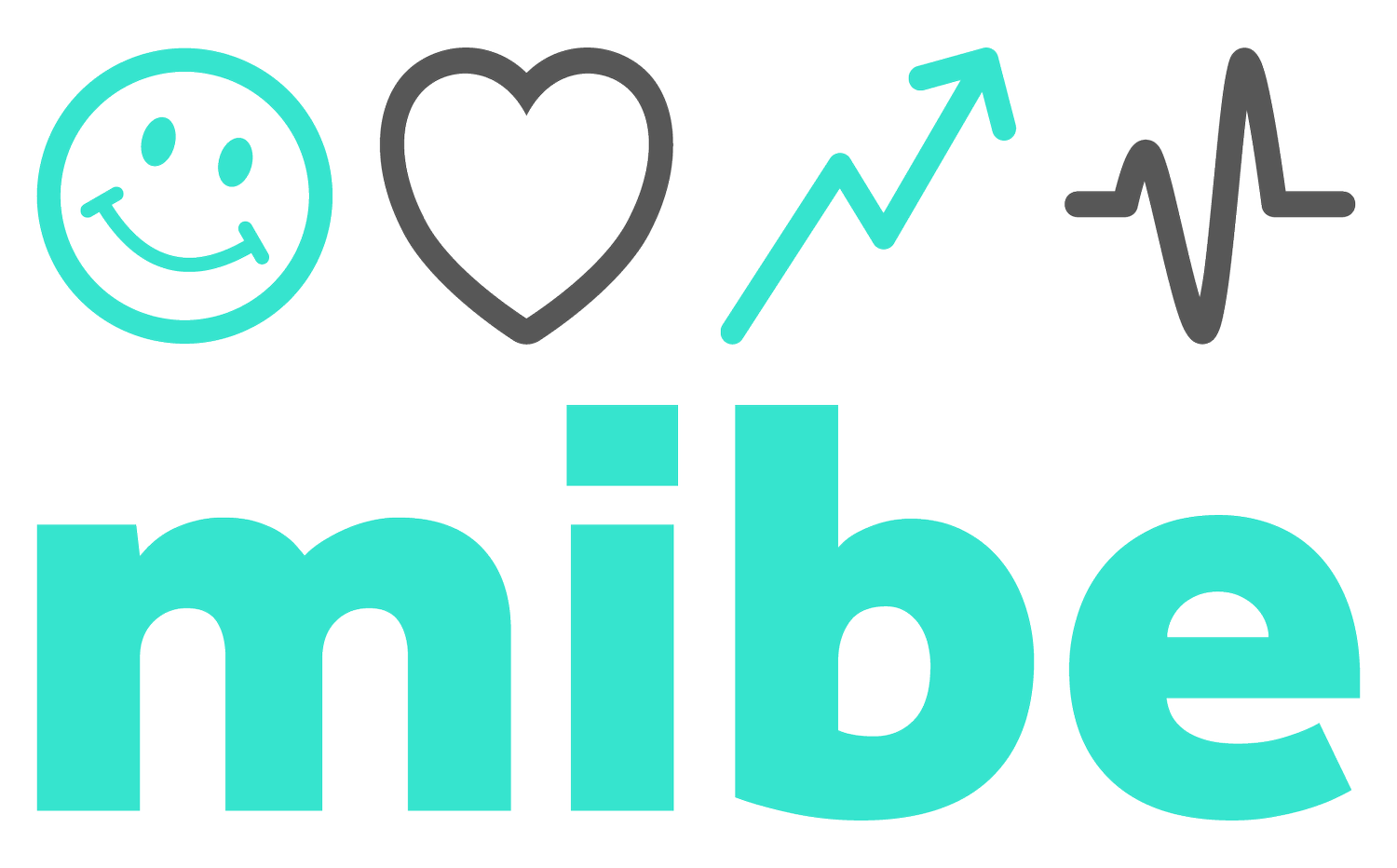Unlocking Innovation
When I was a kid, I loved to make up games. My sister and I would constantly be coming up with silly competitions and we kept score of everything. It didn’t matter if we had a plethora of things to play with or nothing on hand, we’d make something up. One time while bored in the car and we challenged each other to see who could keep their hands in the air for longer. When friends came over, we would come up with creative competitions on our trampoline or gather toys and items from around the house to play our edition of American Gladiators. There weren’t many kids in my neighborhood, so when I couldn’t bribe my sister with months old Halloween candy to play with me, I’d have to fend for myself. Sometimes it was one on none version of a football or basketball tournament, other times it might be a set of challenges or an obstacle course that I would have to complete. I’d time myself with a stopwatch and then create “other players” (alter egos), to try and beat my time.
While on vacation last week, I got to watch my kids do some of the same! It started with trying to see who could go down the water slide faster. Then they were gifted two boogie boards by a departing guest at the hotel and immediately created a game in which they competed to see who could sit up for longer on the board as they pushed off the wall into the pool. First it was best of seven, then it was first to 20. The next day they took the label off of a water bottle and made it into a toy. You would have thought that was their most treasured item the way it kept their attention and then by the way they proceeded to fight over it. While these examples revolve around play and games, it got me thinking about how innovative kids can be and why we lose some of that as adults.
As we get older, we have different priorities and when we realize that our time can be monetized, it changes how we spend it. Instead of time for imagination, thought and wonder, we obsess over how much we can do or accomplish to pay for the things we need and want. We also become more aware of social norms as we get older and gain a fear of looking silly or out of place when our ideas are too far outside the box. We stop questioning things because we worry about being wrong or looking stupid. Children are great at putting things together that seemingly don’t belong and in the process of growing up we stop making those random connections that have the power to fuel a creative solution.
There are a few things we can do within our organizations, though, to combat those forces and spark innovation among our team members. It’s easy to throw money at problems, but challenging your team to problem solve with limited resources forces them into creativity mode. As caterers, we are often put in this situation on events. Out of our element without endless equipment or additional food at our fingertips, we must rely on making do with what we have. Organizations must also celebrate the process of innovation and not the result. Too often we highlight only the solutions that work, but this encourages team members to play it safe and only pursue initiatives that are guaranteed to be successful. Innovation is a numbers game and the more attempts we put out there, the more potential we have for great ideas and solutions to get implemented. Without the safety to throw all ideas out there we miss those “bad” original ideas that someone else builds on and eventually turns into a great idea. Finally, it’s important to infuse purpose and understanding in order to inspire innovation. When we understand why our work matters, we are more committed to finding solutions and exploring endless possibilities to get there.
If you’re looking to unleash imagination and unlock innovation in your organization, find ways to encourage creativity, celebrate those who are curious and willing to take risks, and remind your team why your organization exists and the purpose behind the work that they do!
